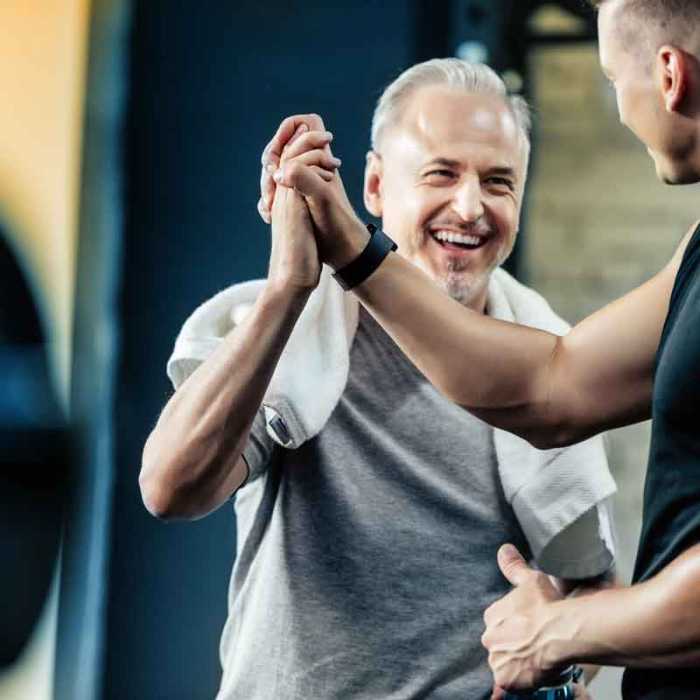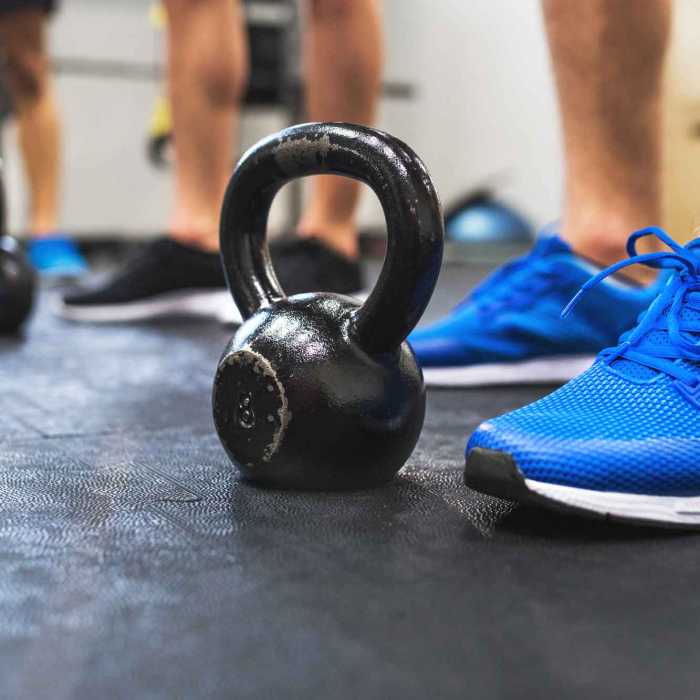What are Core Exercises?
Online Glossary / Quick Reference
a variety of exercises that strengthen the muscles of the trunk. These include abdominal and lower back exercises.
About Core Exercises
Core exercises are a diverse group of exercises designed to strengthen the muscles of the trunk, including the abdominal muscles, lower back, hips, and pelvis. These exercises are essential for improving stability, balance, and overall physical fitness. A strong core supports better posture, reduces the risk of injury, and enhances performance in various physical activities.
Components of the Core
The core muscles include several key muscle groups:
- Rectus Abdominis: Often referred to as the "six-pack" muscles, these run vertically along the front of the abdomen and are primarily responsible for flexing the spine.
- Transverse Abdominis: The deepest abdominal muscles that wrap around the spine for protection and stability.
- Internal and External Obliques: Located on the sides of the abdomen, these muscles aid in rotation and lateral flexion of the spine.
- Erector Spinae: A group of muscles that run along the spine, extending and rotating the back.
- Hip Flexors: Muscles that connect the lower back to the upper thighs, crucial for movements involving the hips and legs.
- Pelvic Floor Muscles: Support the pelvic organs and contribute to core stability.
Examples of Core Exercises
- Planks: A static exercise that engages the entire core by holding the body in a straight line, supported by the forearms and toes.
- Crunches: Target the rectus abdominis by lifting the shoulders off the ground while lying on the back.
- Russian Twists: Involve rotating the torso from side to side while sitting, engaging the obliques.
- Leg Raises: Focus on the lower abdominals by lifting the legs while lying flat on the back.
- Bird Dogs: Enhance core stability by extending one arm and the opposite leg while on hands and knees.
- Back Extensions: Strengthen the lower back by lifting the upper body off the ground while lying face down.
Incorporating core exercises into a fitness routine helps build a solid foundation for all other movements. A strong core supports better posture, reduces the risk of lower back pain, and enhances athletic performance by providing a stable base for powerful movements.
To maximize the benefits of core training, it is essential to include a variety of exercises that target different muscle groups within the core. This comprehensive approach ensures balanced development and optimal function of the core muscles.
















